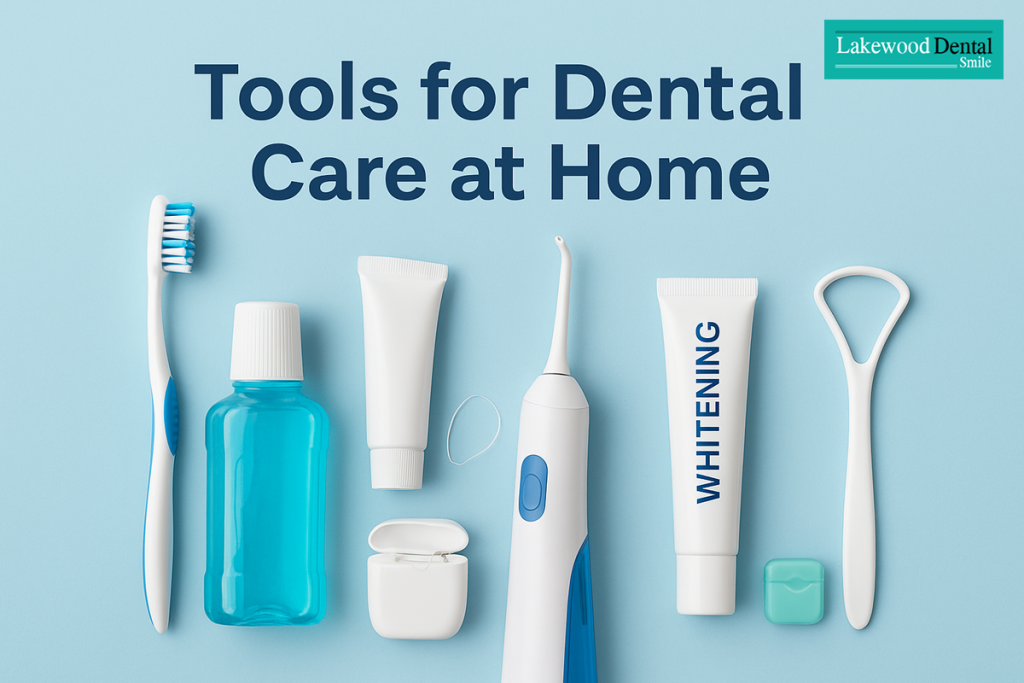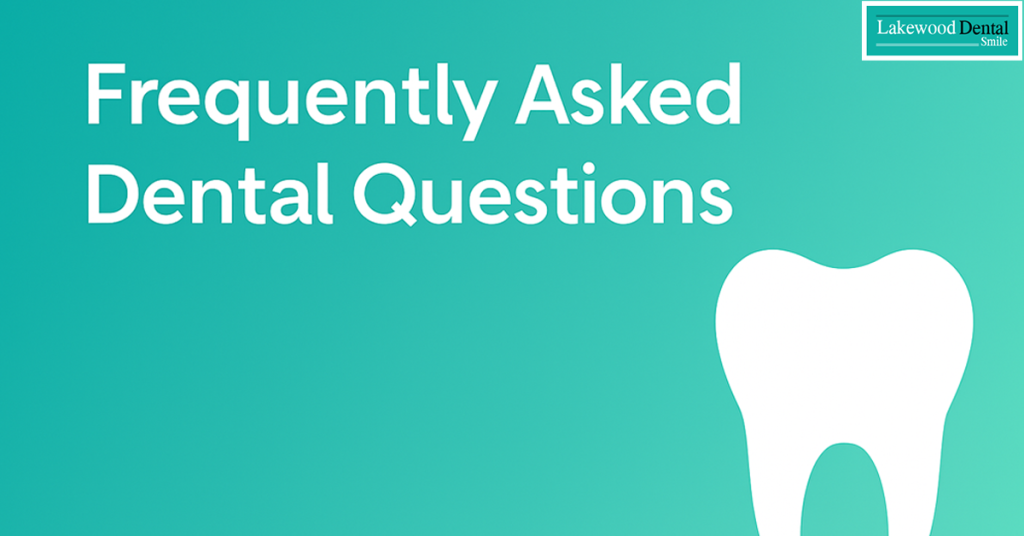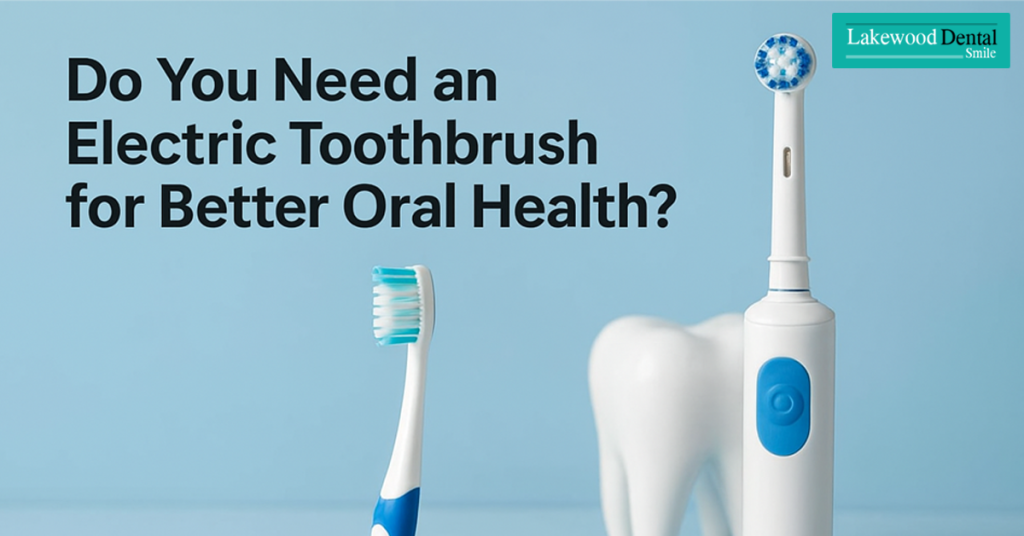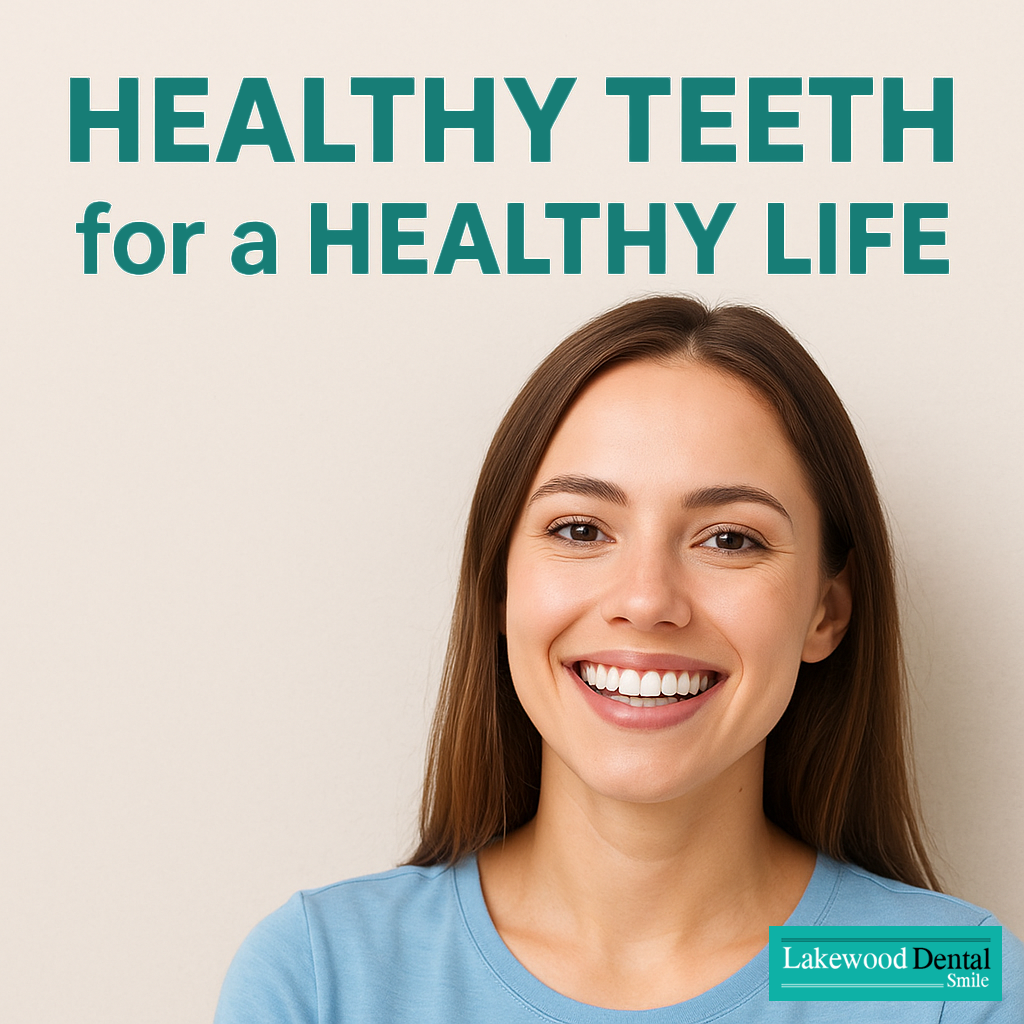
A strong daily routine using the right dental care tools is one of the most effective ways to maintain a bright, healthy smile. While professional checkups play an important role, home care tools determine how well your teeth and gums stay protected between visits. Understanding how each tool works helps you prevent plaque, freshen your breath, and maintain healthier gums every day. By choosing the right products and using them consistently, you create habits that protect your oral health for years.
Many people brush daily but still struggle with issues like bad breath, gum irritation, or cavities. This often happens when the right tools aren’t used—or when key steps such as flossing or tongue cleaning are overlooked. With the right dental care tools, you can improve cleaning efficiency, reduce harmful bacteria, and boost overall mouth freshness. Here are seven essential tools every home should have.
1. Toothbrush
The toothbrush is the most essential of all dental care tools. Choose a soft-bristled brush to prevent gum damage and enamel wear. Electric toothbrushes are especially helpful if you brush too hard or have limited hand movement. Whether manual or electric, use gentle circular motions to clean all surfaces, including the gumline, where plaque often forms.
2. Toothpaste
Fluoride toothpaste strengthens enamel and prevents cavities. Some formulas help control tartar, reduce sensitivity, or fight gingivitis. Whitening toothpastes can be effective but should be used carefully to avoid abrasion. If you have specific concerns like dry mouth or sensitivity, consult your dentist to choose the right toothpaste for your needs.
3. Dental Floss
Flossing is one of the most important dental care tools for cleaning areas a toothbrush cannot reach. Waxed, unwaxed, or tape-style floss removes food particles and plaque between teeth. Daily flossing prevents gum inflammation, reduces the risk of cavities, and promotes fresher breath. Proper flossing technique is essential for full effectiveness.
4. Oral Irrigators (Water Flossers)
Oral irrigators use a gentle stream of water to clean between teeth and along the gumline. They’re especially helpful for people with braces, bridges, or dental implants. While they don’t replace traditional flossing, they improve your routine by reaching tricky areas and flushing away debris. Water flossers add an extra layer of cleanliness to your at-home care.
5. Teeth Whiteners
For a brighter smile, professional whitening is the safest option. At-home whitening strips or peroxide gels can be effective when used correctly, but misuse may cause sensitivity or enamel irritation. Always follow product directions carefully and consult your dentist if you have concerns about tooth sensitivity.
6. Mouthwash
Mouthwash plays a valuable role in maintaining freshness and reducing bacteria. Common types include:
- Fluoride rinses: Prevent cavities
- Antibacterial rinses: Reduce plaque and gingivitis
- Breath-freshening rinses: Control odors
Mouthwash enhances brushing and flossing but does not replace them. Choose alcohol-free options if you experience dryness or sensitivity.
7. Tongue Scrapers
The tongue harbors bacteria that cause bad breath and unpleasant taste. A tongue scraper provides a more thorough clean than brushing alone. Regular use helps remove debris, improve breath freshness, and enhance overall oral hygiene. This quick step makes a noticeable difference in daily mouth cleanliness.
Strengthening Your Oral Care at Home
Using the right dental care tools daily keeps your smile healthier, stronger, and fresher. Toothbrushes, floss, oral irrigators, whiteners, mouthwash, and tongue scrapers work together to reduce plaque, prevent gum disease, and support better long-term oral health. When combined with regular professional cleanings, these tools create a powerful routine that protects teeth and gums effectively.
If you’re in Dearborn, Michigan, Lakewood Dental Smile provides preventive guidance and routine checkups to help families choose the right tools and maintain healthy oral habits for life.




